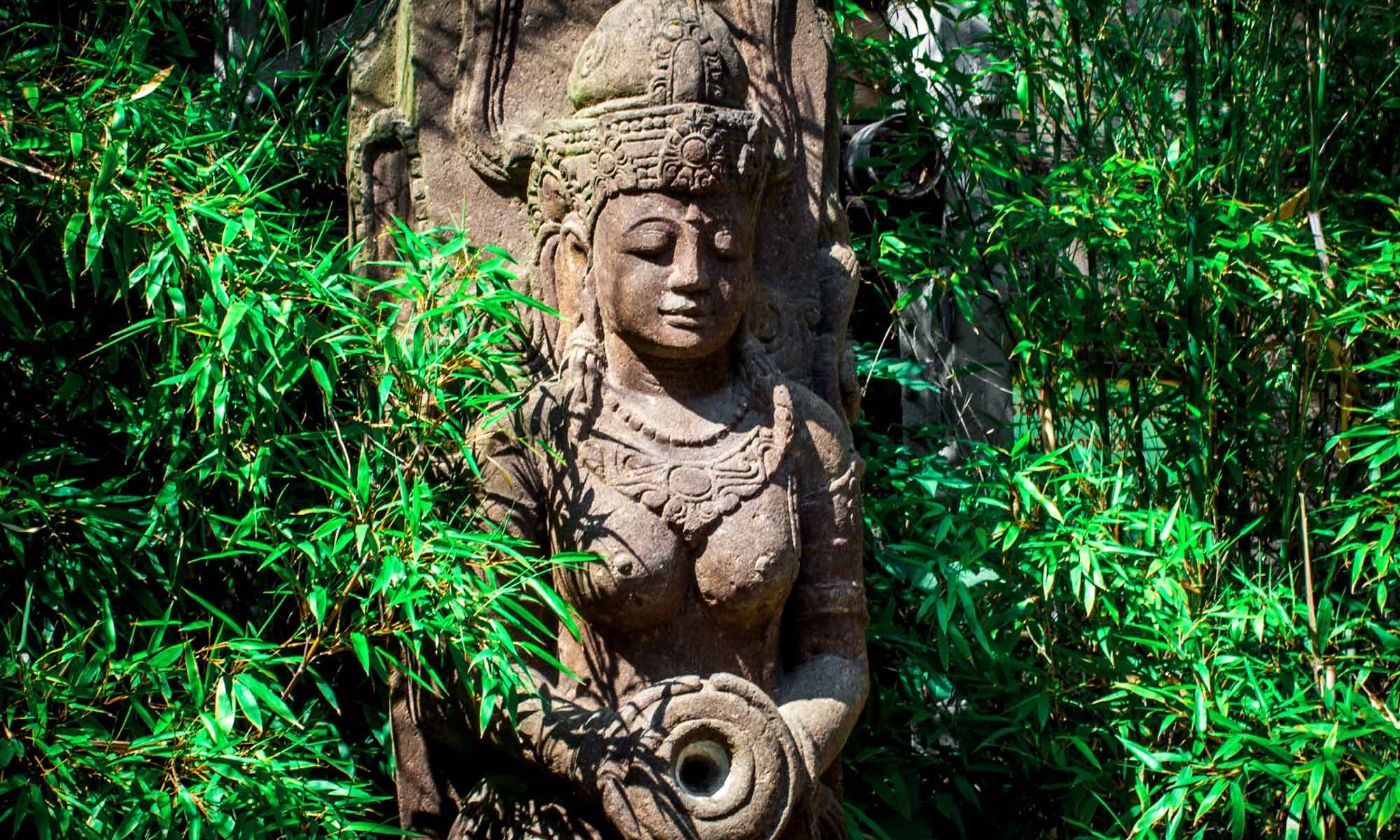
Grief is a universal human condition, frequently dismissed or avoided in modern culture. Yet, when confronted, grief can lead to wisdom and strength. In the spirit of shamanic scholarship, this panel explores the passage through sacred suffering, a shared human and divine experience that fosters intimate compassion and hope as safe harbor in turbulent waters. From the wellspring of emotion where mothers’ tears gather, wisdom is drawn. The rapture of an embodied, wholehearted encounter with grief is captured in ritual, re-imagination, and remembering.
Stephanie Zajchowski:
Birthing my sons was the beginning and end of me. As I poured all that I was into the child within my arms, the light of new life intertwined with the darkness of postpartum depression. Maternity, for me, was an erasure, the shattering of an empty vessel, an utter loss of self. In my search for understanding, mythology allowed me to integrate these experiences, ultimately containing the “mother” without letting her consume me.
Jaffa Frank:
For me, motherhood and loss are as inextricably linked as motherhood and joy. My first pregnancy ended in the stillbirths of my twin sons and my own near death due to complications of endometriosis. My life—the mothering of my living children, service to the dying and bereaved through hospice, therapeutic work, and doctoral work—are dedicated to making space for the truth of loss as inherent to and formative of a life of joy.
Angelina Avedano:
Mothering three sons for thirty years, I’ve learned that grieving is natural and necessary. The cycles of loss associated with my son’s schizophrenia and bipolar disorder have become a part of the rhythm of my life. As I tread the path of the grieving mother, I am not defined by grief; I am however, forever changed. This ongoing spiral brings unexpected connections, deeper wisdom, and an awareness that I can truly embrace joy and sorrow.
Kayden Baker-McInnis:
After losing my toddler in a car accident, I still grieve thirty years later. That tragedy continues to mold me. The thawing of my grief brings me to a fierce compassion and curiosity for how sorrow informs the soul. I find engaging mythic story a way through these dark passages. When I finally brought my grief to the Utah desert canyons, nature responded. Today, mothering the soul is at the heart of everything I do.





You must be logged in to post a comment.